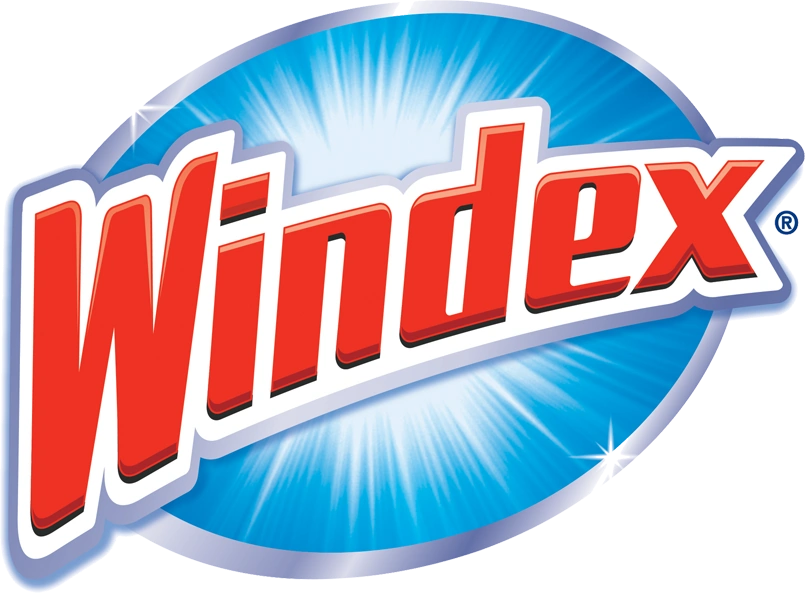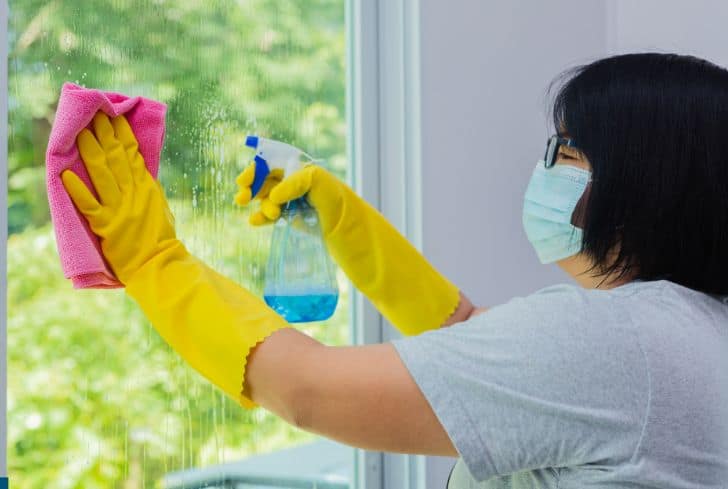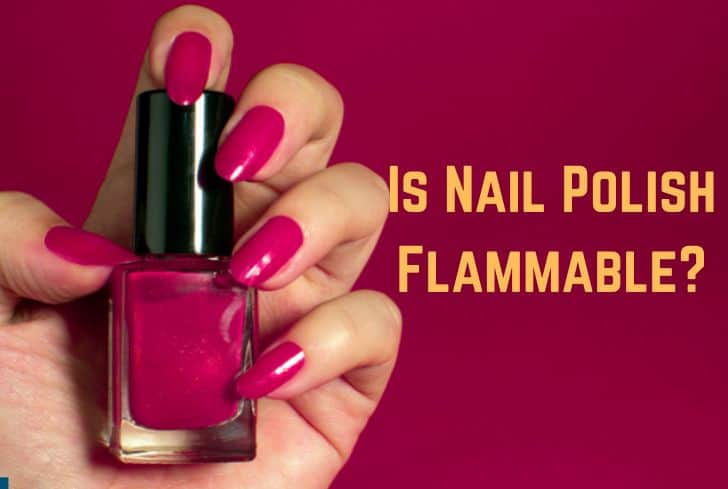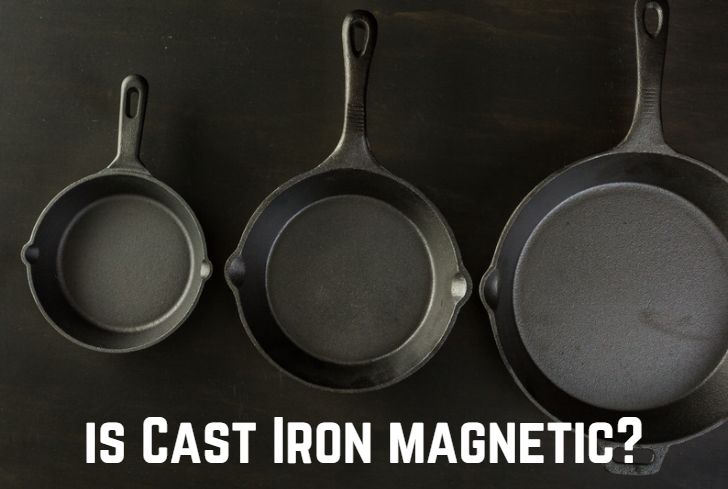Is Windex Flammable? (And Corrosive?)

You realize your windows need cleaning and decide to do some serious cleaning. A blue window cleaner comes to your mind. In addition to cleaning windows, Windex is a powerful degreaser, eliminates laundry stains, and cleans your car’s interior and the furniture on the front porch. However, you are a little apprehensive about using it in your kitchen since you think it might be flammable. Is Windex flammable then?
Before using Windex in your home, it’s essential to know whether it is flammable or not, as well as whether it is toxic or corrosive. We address all of that in this article. We also let you know where you shouldn’t use Windex, the dangers of using Windex, and the safety precautions you should take.
Is Windex Flammable or Non-flammable?
One of the significant components of Windex is water, and that is what makes the product non-flammable. Windex is a solvent (chemicals that dissolve other materials). Due to its nature as a solvent, it will not burn like dry combustibles. Acetone, alcohol, and kerosene are typical examples of solvents. Some worry that Windex is flammable since it contains acetone and isopropyl alcohol, combustible chemicals.
However, given that 90% of Windex is made up of water, the two compounds can’t possibly pose a problem, according to the manufacturers. The water ensures that the two compounds do not catch fire easily. However, you must continue to follow safety precautions.
Is Windex Hazardous?
According to OSHA (Occupational Safety and Health Regulation), Windex is not hazardous. It’s surprising because you would expect a cleaning product to be a health risk. Windex has ammonia, a hazardous substance. Nevertheless, the amount is so small that, as long as you take the necessary safety measures, you won’t need to worry. The cleaner also contains a small amount of isopropyl alcohol, which could be hazardous.
Wearing protective clothes while using Windex, such as gloves and safety glasses, is recommended to avoid getting Windex on your skin and eyes. Windex can also prove to be hazardous when consumed. You should keep the cleaner out of the reach of children. Even small amounts can make you throw up, irritate your mouth and throat, and give you stomach aches.
Is Windex Corrosive?
Initially, because ammonia was one of its components, Windex was corrosive to most materials and surfaces. Ammonia is a compound that is corrosive, irritating and has a pungent smell. It can be corrosive when applied to surfaces like the screen of your laptop, desktop, or television. When applied to metals, ammonia is very corrosive and eventually causes discoloration.
Because Windex was initially designed to clean glass, its manufacturers decided to create different varieties that would be better suited for use on many types of surfaces. Only two types of Windex cleaners don’t include ammonia of them. So you should get these two if you require a Windex cleaner without ammonia: Windex Vinegar Multi-Surface Cleaner and Windex Outdoor Cleaner.
Is Windex Bad For Dogs?
Windex is bad for your dog, particularly if they swallow it. If your dog gets sprayed on accidentally with Windex, it will suffer from skin and eye irritation. Your dog consuming Windex can also prove to be harmful. A little amount of ammonia is present in Windex, which aids in the breakdown of dirt. Ammonia is a toxic respiratory irritant that can seriously harm your dog’s mucous membranes.
You should ensure that you take your dog to the vet immediately since Windex can be extremely dangerous to dogs if they swallow it. The following are some signs that your dog may exhibit after consuming Windex:
- Difficulty in breathing
- Vomiting
- Diarrhea
- Pawing at the mouth
- Excessive drooling
- Abdominal pain

Can I Use Windex in My Oven?
Since it is not flammable, you can use Windex to clean your oven. Your oven won’t be at risk if you turn it on after cleaning it with Windex. You can spray Windex on and inside your oven and then wipe it with a cloth. However, it will only remove light dirt, not thick layers of grime. Only if the oven is made of ceramic or acrylic surfaces should Windex be used.
Using Windex on ovens close to granite worktops is not recommended since the cleaner can leave marks on the natural stone. Use the following cleaning procedures to have an oven that sparkles:
- Spray the cleaner all over the interior of your oven, including the corners, top, sides, and back. Don’t forget to spray on the door and crevices.
- Wipe the cleaner and grime away using downward motions with a microfiber cloth. Repeat as many times as necessary.
- Wipe the door glass thoroughly with a dry microfiber cloth to remove any streaks.
You can use Windex in other ways:
Is There Any Flashpoint of Windex?
Windex doesn’t have flash points and autoignition temperatures. The lowest temperatures at which vapors will ignite in the air are known as a liquid’s flashpoints. High flashpoint liquids are safer because they will burn slowly even after being heated to high temperatures. Liquids with lower flashpoints ignite easily. The temperature that triggers spontaneous igniting is known as the autoignition temperature.
Although Windex is an aqueous solution with alcohol and a flash point below 200 g, it does not burn.
Where Should You Not Use Windex?
Nothing is more conducive to comfort than a clean home. When using a cleaner like Windex, which effectively cleans mirrors and various other surfaces, you might be tempted to keep cleaning. On some surfaces or appliances, Windex works well, but not for others.
In the following instances, avoid using Windex:
1. Laptops or monitors
The harsh chemicals in Windex can easily damage your electronics. They can warp the tint on your screen. Avoid using cleaners not recommended for your electronics. However, Windex has Windex Electronics Wipes that you can use instead of the spray.
Use isopropyl alcohol to provide a more thorough cleaning. But keep in mind to be gentle when wiping the screen to prevent damage.
2. Windshield and Autoglass
Most people will admit to cleaning their car’s windshield and glass using Windex. They are unaware, however, that the cleaner’s ammonia component causes the tint on their car window to weaken and eventually peel.
Windex can also leave streaks and fog on your windshield and car windows, making driving dangerous for you and other drivers to drive.
3. Furniture
You shouldn’t use Windex to polish furniture. It can significantly damage your leather and wood furniture. Because Windex contains alcohol, using it on leather results in permanent staining.
Winder will strip the veneer from wood while leaving unsightly streaks and patches. Additionally, it will make wood dry out and crack. The ingredients in Windex will react differently with both leather and wood surfaces, eventually resulting in damage.
4. Dishwasher
Avoid spraying or pouring Windex into your dishwasher since the chemicals in the cleaner shouldn’t come into touch with your dishes.
You shouldn’t use Windex to clean your dishwasher or dishes.
5. Granite or Marble tops
Natural stone countertops made of granite or marble suffer etching or dulling when Windex is used. Instead, seek a cleaner designed especially for natural stone, such as TriNova Granite Cleaner. It is safe for cleaning and has a sealant as one of its components that stops stains.
What are the Dangers of Using Windex?
Windex is a strong and capable cleaner that does the job when cleaning your home. However, you must know a few dangers before deciding whether Windex is the best cleaner.
The dangers of using Windex mainly originate from its various compounds, as we shall see below:
- Ammonium Hydroxide found in the cleaner can cause severe eye and skin irritation when you accidentally spray yourself. Along with these symptoms, you might also have coughing, sore throat, and hard breathing. If the cleanser gets in your eyes, you’ll endure burns, redness, and blurred vision.
- Propylene glycol: Your liver, brain, and kidneys may be at risk if exposed to this component in Windex for an extended period. If someone in your family has asthma, it can also set it off.
- Swallowing the cleaner: If you happen to swallow the cleaner accidentally, you might experience irritation in your throat, windpipe, and lungs. You might also experience stomach pains. However, this is a short-term effect caused by ammonia and other chemicals. Repeated exposure will lead to permanent damage in those areas.
Safety Precautions While Using Windex
Most people will continue to use Windex because it is an efficient cleaner. However, it would be wise to be aware of and take safety measures when using. You should take the following safety precautions, which are highlighted below:
- Wearing safety glasses will prevent Windex from getting into your eyes.
- Never apply ammonia to just any surface. Make sure the surface you’re putting Windex on won’t get scratched.
- To prevent the release of chloramine, a harmful gas that can lead to respiratory problems, do not combine Windex and bleach.
- If there is any contact with your skin or eyes, rinse thoroughly with water immediately. Get medical help if irritation doesn’t go away.
- Keep Windex out of children’s reach in closed cabinets or other places they cannot access.
- Because the containers for Windex are plastic, you should keep them away from heat sources.
Can I Use Windex on My Glass Stovetop?
The answer is no. Windex is unsuitable for cleaning your glass stovetop. Although Windex is a glass cleaner, the chemicals in it have the potential to blotch and stain the delicate glass permanently.
The finest cleaner for your glass stovetop is a degreaser and a paste made of vinegar and baking powder.
Conclusion
When used properly, Windex works well as a cleaner. It offers a variety that is not corrosive to the numerous surfaces you want to use it on, is not flammable, and is not hazardous.
Because Windex cleaner has no flashpoints, using it is safer. On the other hand, avoid using it on dishwashers, screens of any kind, your windshield, granite/marble tops, or leather and wood furniture.






